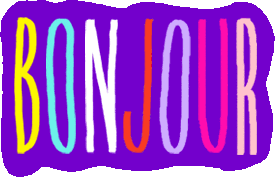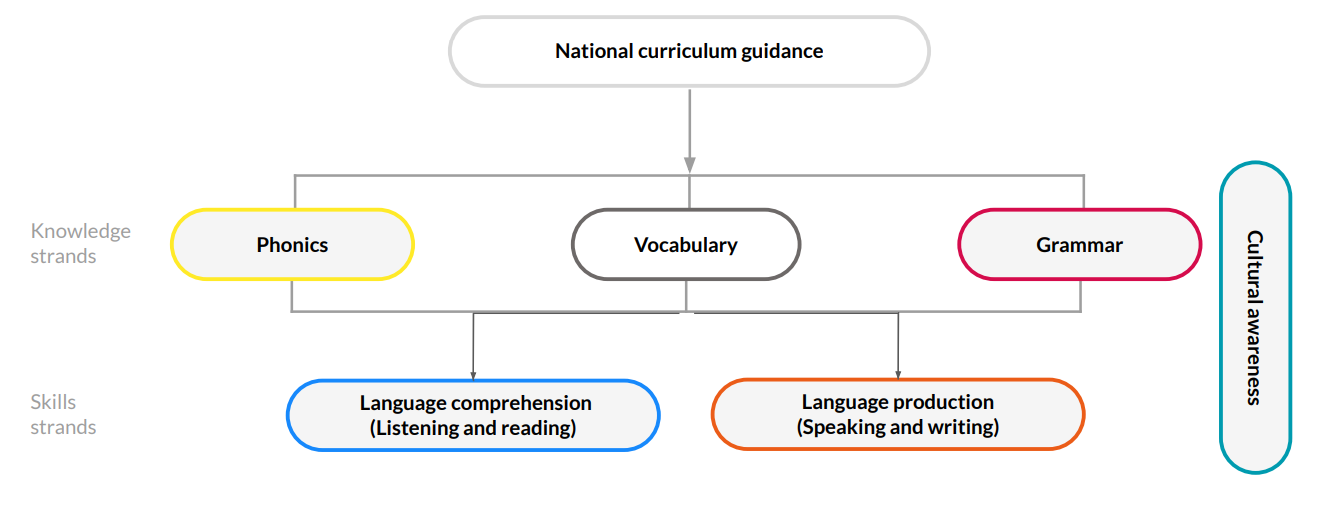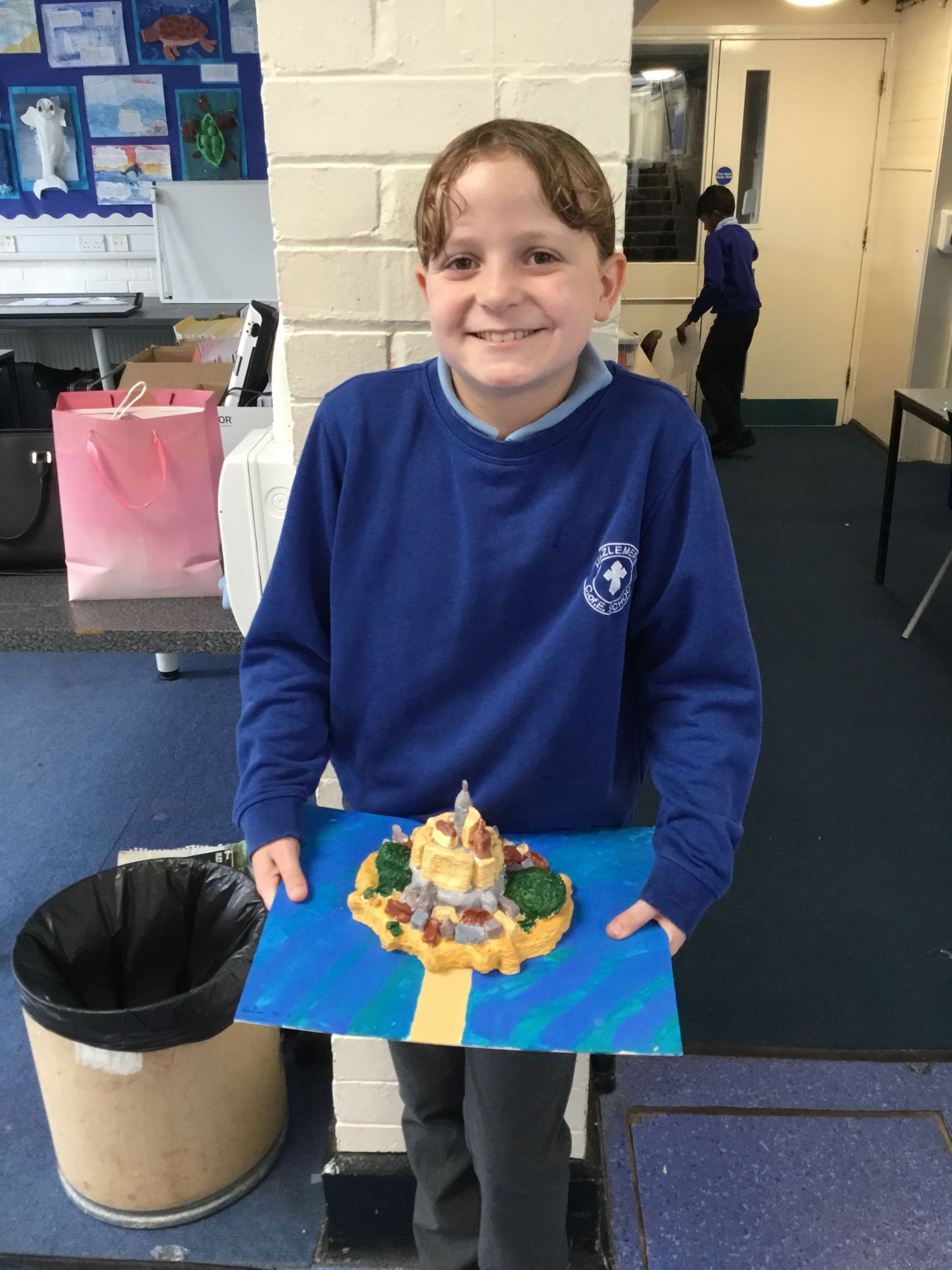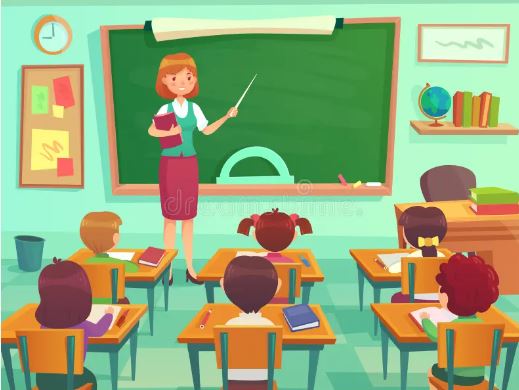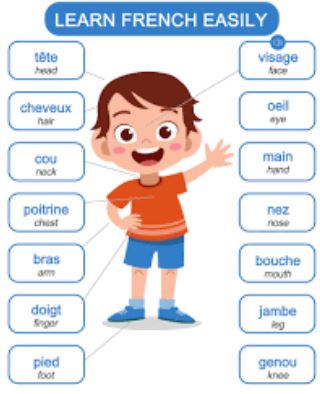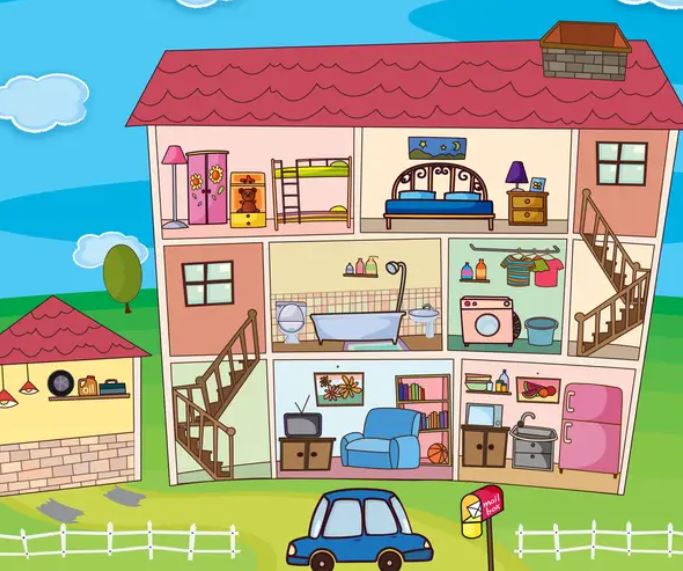Modern Foreign Languages
Intent:
The French scheme of work aims to instill a love of language learning and an awareness of other cultures. We want pupils to develop the confidence to communicate in French for practical purposes, using both written and spoken French.
Through our scheme of work, we aim to give pupils a foundation for language learning that encourages and enables them to apply their skills to learning further languages, developing a strong understanding of the English language, facilitating future study and opening opportunities to study and work in other countries in the future.
The French scheme of work supports pupils to meet the National curriculum end of Key stage 2 attainment targets (there are no Key stage 1 attainment targets for Languages).
Implementation:
The French scheme of work is designed with three knowledge strands that run throughout our units with knowledge building cumulatively. In each unit, children will then draw upon this knowledge in order to comprehend and produce language to help them achieve the aims of the National curriculum. These are:
● Phonics
● Vocabulary
● Grammar
This knowledge can then be applied within our skills strands, which also run throughout each unit in the scheme:
● Language comprehension (Listening and reading)
● Language production (Speaking and writing)
Throughout the scheme of work, children will also be developing their cultural awareness of France and the French-speaking world.
Our national curriculum coverage shows which of our units cover each of the National curriculum attainment targets as well as each of the strands. Our progression of skills and knowledge shows the skills and knowledge that are taught within group each year and how these skills develop to ensure that attainment targets are securely met by the end of Key Stage 2.
Through the French scheme, pupils are given opportunities to communicate for practical purposes around familiar subjects and routines. The scheme provides balanced opportunities for communication in both spoken and written French, although in Year 3 the focus is on developing oral skills, before incorporating written French in Year 4 and beyond.
The scheme is a spiral curriculum, with key skills and vocabulary revisited repeatedly with increasing complexity, allowing pupils to revise and build on their previous learning. Cross-curricular links are included throughout our French units, allowing children to make connections and apply their language skills to other areas of their learning.
Lessons incorporate a range of teaching strategies from independent tasks, paired and group work including role-play, language games and language detective work. Our scheme of work focuses on developing what we term ‘language detective skills’ and developing an understanding of French grammar, and key vocabulary rather than on committing to memory vast amounts of French vocabulary. Pronunciation is emphasized early on using our Mouth mechanics videos to support pupils with phoneme pronunciation in French, this allows us to ensure that every lesson can be accessed and enjoyed by all.
Impact:
The impact of the scheme can be monitored continuously through both formative and summative assessment. Each lesson includes guidance to support teachers in assessing pupils against the learning objectives. An assessment spreadsheet is also available to record children’s progress in each lesson to enable you to build a picture of their learning through each unit.
After the implementation of French, pupils should leave school equipped with a range of language-learning skills to enable them to study French, or any other language, with confidence at Key Stage 3.
The expected impact of following the French scheme of work is that children will:
➔ Be able to engage in purposeful dialogue in practical situations (e.g., ordering in a cafe, following directions) and express an opinion.
➔ Make increasingly accurate attempts to read unfamiliar words, phrases, and short texts.
➔ Speak and read aloud with confidence and accuracy in pronunciation.
➔ Demonstrate understanding of spoken language by listening and responding appropriately.
➔ Use a bilingual dictionary to support their language learning.
➔ Be able to identify word classes in a sentence and apply grammatical rules they have learnt.
➔ Have developed an awareness of cognates and near-cognates and be able to use them to tackle unfamiliar words in French, English, and other languages.
➔ Be able to construct short texts on familiar topics.
➔ Meet the end of Key Stage 2 stage expectations outlined in the National curriculum for Languages.
Bastille Day 2024

Bastille Day was an amazing success. It was wonderful to see all the children sporting the French colours to celebrate the day.
We started our day with a whole school assembly where the children listened to the French national anthem and learnt about the meaning behind Bastille Day. Our wonderful School Council did a fantastic job introducing the day and providing the children with a glimpse of what the day would entail.
Before long, the day was in fall swing, it was wonderful to see all the children thoroughly enjoying taking part in a host of French-themed activities. From taking photos with our French-themed photobooth to firework art on the playground and tasting a range of delicious French foods, it was truly a new and wonderful experience which all the children thoroughly enjoyed. I would like to say a huge thank you to our amazing Year 6 Sport Captains who hosted our very own mini-Olympics to celebrate the fact that Paris is hosting the Olympics this year.
We ended our day with a special assembly to announce the winners of the French monument competition:
KS1: Esme and Jessica
LKS2: Remi
UKS2: Filoteea
There were so many fabulous and outstanding entries, it was truly a challenging task to judge and all those who participated should be exceptionally proud of their hard work and wonderful designs.
In addition, I am exceptionally grateful to our phenomenal School Council who helped to organize and plan the day, the success of the day was a true credit to them. I would also personally like to thank you all for your amazing support for our French market; the Bake Sale was a phenomenal success. We raised an amazing £102.50 to go towards new Modern Foreign Language resources and experiences next year.
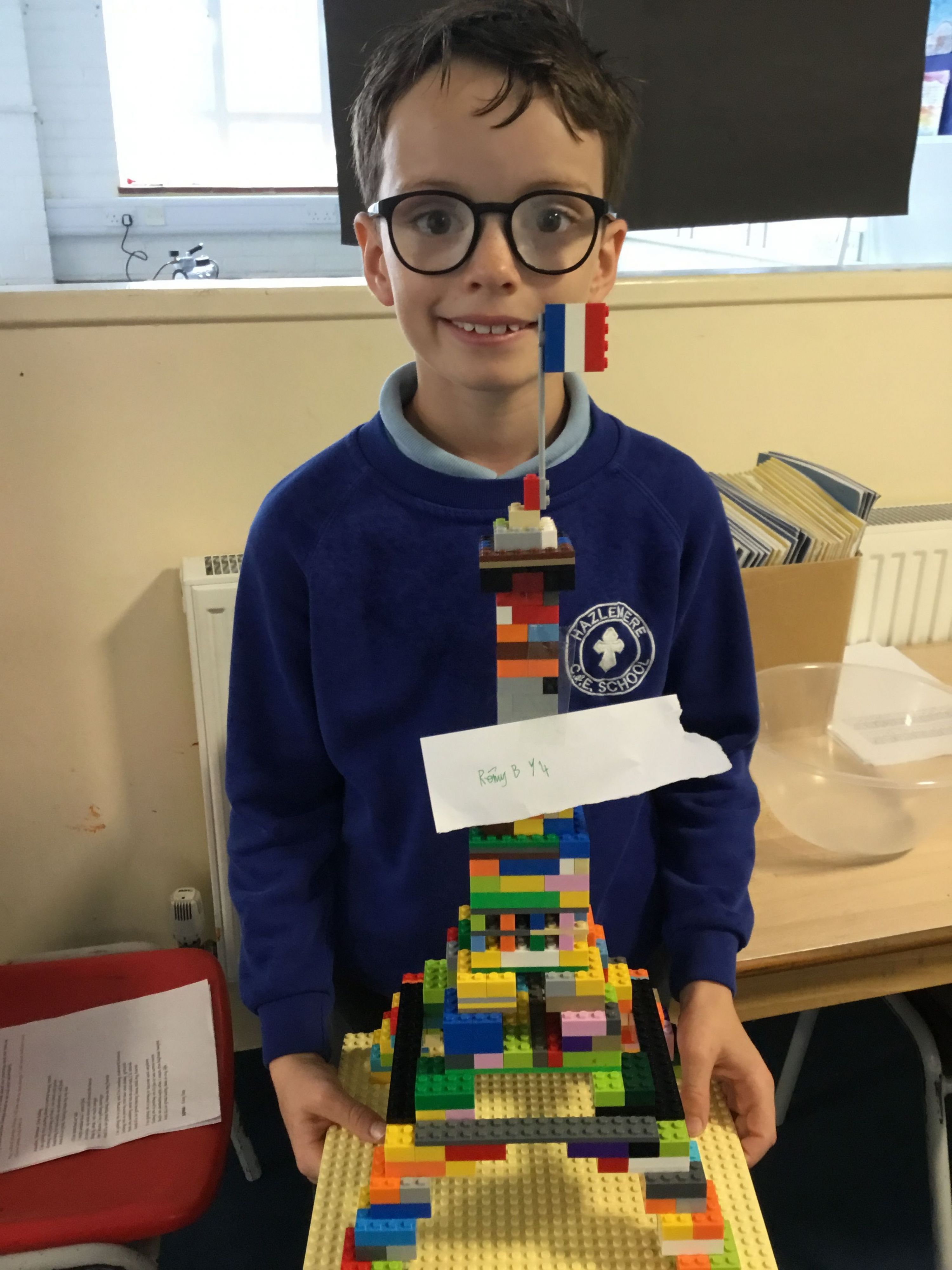
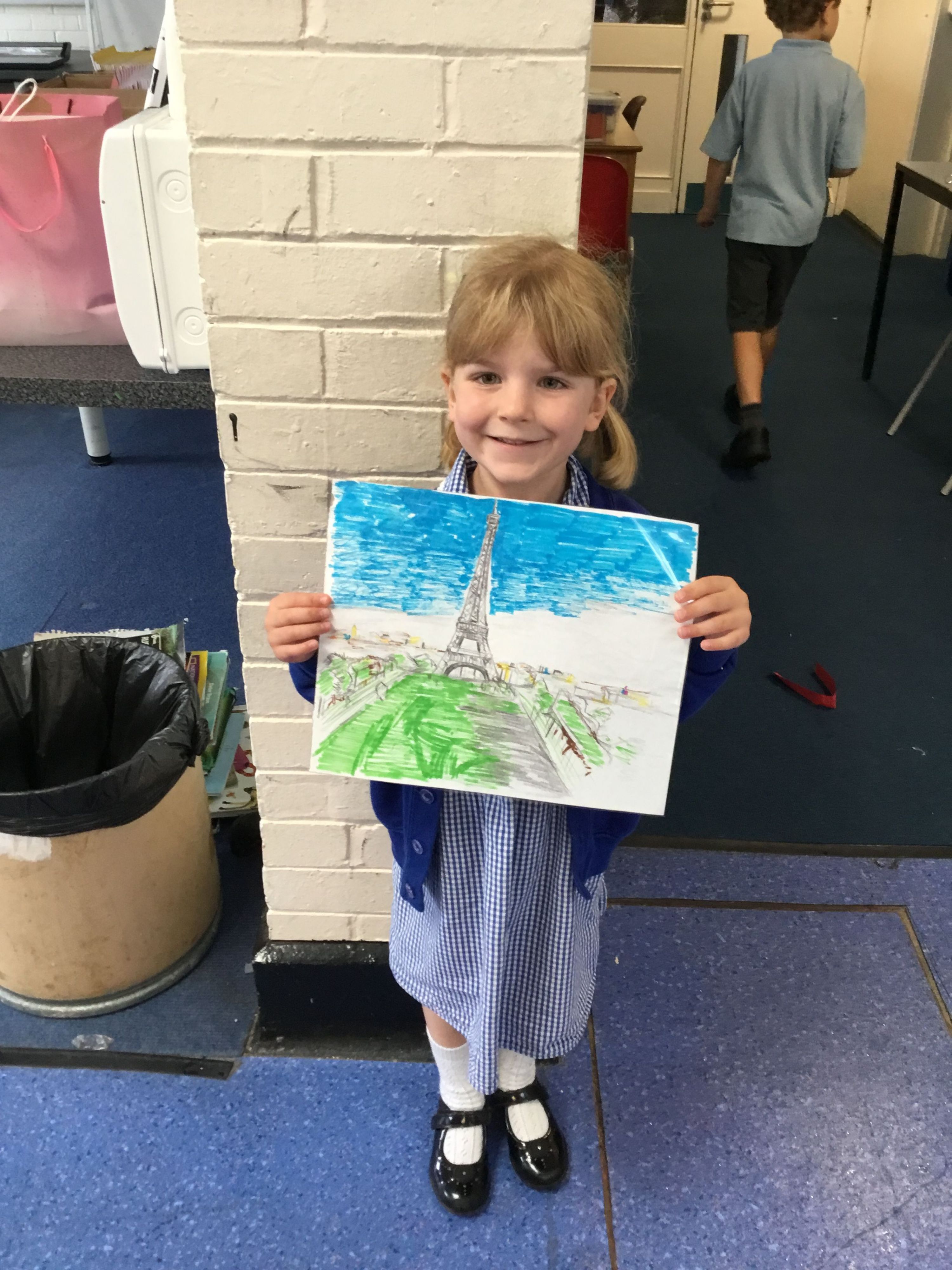

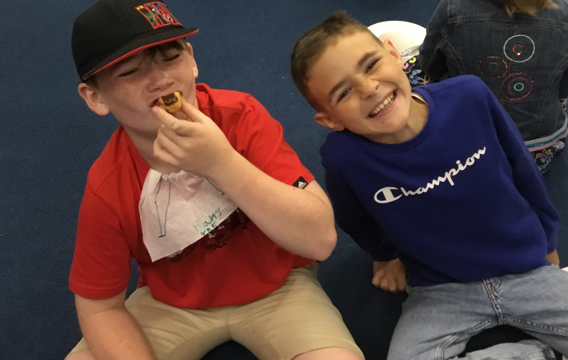


Spring Term 2025

Year 3:
Year 3 kicked off the Spring term by learning about numbers and age through the use of playground games. Through the course of this topic they learnt:
- To count from one to six in French.
- To count beyond six up to 12.
- To use number words to give more information about ourselves.
- To recognise the numbers 1-12 in written form.
After half-term, Year 3 began learning all about the classroom. Through the course of this topic they learnt:
- To respond to simple classroom instructions.
- To identify and name different classroom equipment.
- To identify whether a noun is masculine or feminine.
- To compose a sentence to tell someone about an item that they have in their pencil.
- Ask and answer questions about items that they do and don’t have.
- Read short sentences and match them to pictures.
- To create a sentence of their own from an example.
Year 4:
Year 4 kicked off the Spring term learning about French numbers, birthdays and describing the calendar. Throughout this topic, the children learnt to:
- Say the numbers to 31 in French.
- Read and calculate Maths sums correctly in French.
- Say all the days of the week, working out the words for the days that are yesterday and today.
- Match most of the French months to their English equivalents.
- Ask when someone’s birthday is and give the number and month of their own birthday.
- Say the seasons of the year.
- Translate the date from English to French.
- Say the similarities and differences between birthdays in the UK and France.
After half-term, Year 4 began their weather and water cycles topic where they learnt to:
- To be able to correctly identify some weather phrases and understand their meanings.
- To pronounce weather phrases correctly.
- To be able to identify and name the four points on a compass in both English and French.
- To describe the weather in the north, south, east or west of a country.
- To match up temperature in numerals and words.
- To understand cognates (shared words) in the water cycle.
- To understand and say multiples of ten up to 100
- To recognise the written words of multiples of ten up to 100.
Year 5:
After the holidays, Year 5 concluded our Monster Pets topics, where the children thoroughly enjoyed learning to:
- To identify and describe animals.
- To identify and use the correct gender adjective.
- To name parts of the body.
- To give simple descriptions of the eyes and hair.
- To name facial features.
- To say how we are feeling.
- To match emotion and health words to pictures.
- To respond to questions about emotions and health.
- To extend description using adjectives and conjunctions.
After half-term, Year 5 began learning about Space exploration. Through the course of this topic they have learnt to:
- To ask questions in order to identify a mystery planet.
- To recall some key vocabulary from memory.
- To understand the rules of adjectival agreement.
- To use comparative language ‘bigger than’ ‘smaller than’, ‘hotter than’ and ‘colder than’ in French.
- To use the correct adjective form to agree with the noun.
- To discover new nouns using a dictionary.
- To use and write metaphors to compare planets.
- To identify and name the planets in French.
Year 6:
Year 6 started off the Spring term learning about and describing their homes. Throughout the course of this topic, the children learnt to:
- To identify household items.
- To use prepositions to describe the position of items in the bedroom.
- Ask and answer questions using vocabulary about houses and rooms.
- Remember and understand the elements of a house and family.
- Use a writing frame to create a written description of their house.
- Label things in a bedroom and use the related vocabulary in simple sentences.
- Use prepositions accurately, both verbally and in written sentences.
- Write a letter to describe all the rooms in their house, where they live and with whom, using at least three prepositions accurately and including questions.
After half-term, Year 6 began learning about French holidays. Through the course of this topic they learnt:
- To identify and name common holiday items.
- To identify and name countries in French.
- To use the present tense verb ‘aller’ (to go).
- To distinguish between present and near future tense words.
- To identify and name different ways to get to France.
- To identify the meaning of unfamiliar words.
Autumn Term 2024

This term has been an exceptionally busy one. Not only did we introduce our brand-new French scheme of work 'Kapow', but the children have done some truly phenomenal learning this term, from learning basic greetings to writing whole travel brochures to advertise and describe French-speaking countries across the world. Below is an overview of some of the amazing French learning that has taken place at Hazlemere this term. I wish you all a wonderful holiday season (Joyeux Noel) and can't wait to see what next term will bring.
Year 3:
Year 3 began their journey into French this term by using puppets to learn a wide range of French greetings. Throughout this topic they have learnt: 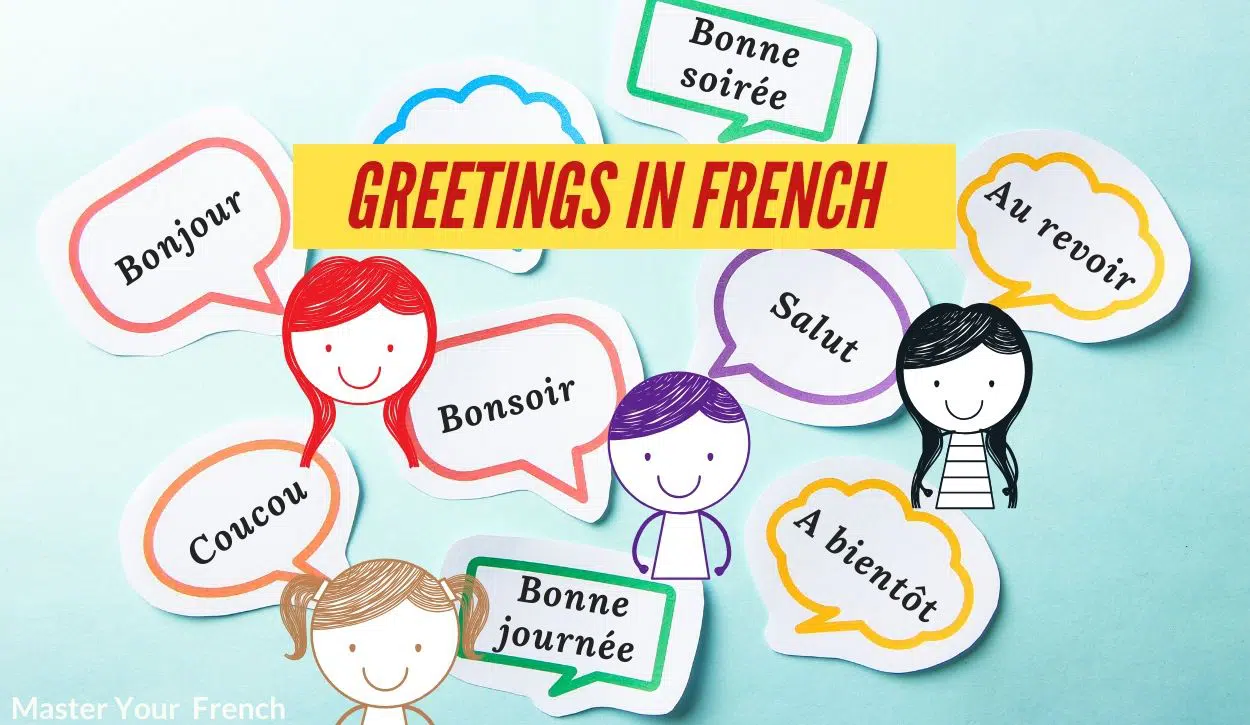
- To greet and introduce themselves in French.
- To use the correct greeting for the time of day.
- To ask and answer questions about their feelings in French.
- To recite and perform famous French rhymes.
After half-term, the children moved on to studying colours and shapes. Throughout the course of this topic they learnt:
- To identify and accurately pronounce a range of colours in French.
- To describe shapes in relation to their colour and size.
- To understand and identify cognates and near cognates.
- To follow a variety of French instructions.
Year 4:
This term during their portraits topic, Year 4 have been learning to: 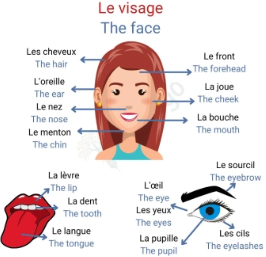
- To distinguish between masculine and feminine nouns.
- To identify and describe the colour of their hair and eyes.
- To understand and create simple descriptive sentences.
- To write a range of descriptive sentences to describe their own and others' appearance.
After half-term, Year 4 moved on to learning all about clothes. Throughout the course of this topic, they have learnt how to:
- To identify and accurately pronounce a wide range of clothing items.
- To build on their prior knowledge by identifying the colour and style of particular clothing items.
- To express an opinion (like/dislike) in relation to particular clothing items.
- To describe outfits using a range of adjectives accurately.
Year 5:
Year 5 kicked off the Autumn term by learning all about the amazing French-speaking world. Throughout the course of this topic, the children have learnt how to: 
- To identify, read and respond to directional language.
- To give and follow a range of directions in French.
- To identify and describe the location of French-speaking countries.
- To identify human and physical geographical features of French-speaking countries.
- To read, describe and report the weather of French-speaking countries.
- To ask and answer questions regarding different French-speaking countries.
After half-term, Year 5 dove straight into their Monster Pets topic, through which they thoroughly enjoyed learning about and describing a range of different animals as well as identifying and describing parts of their own bodies in French. Amazingly, they even learnt and performed the entire head, shoulders and knees and toes song in French.
Year 6:
Year 6 kicked off the year by learning about the Olympics which were hosted in France this year. Throughout the course of their topic they have learnt: 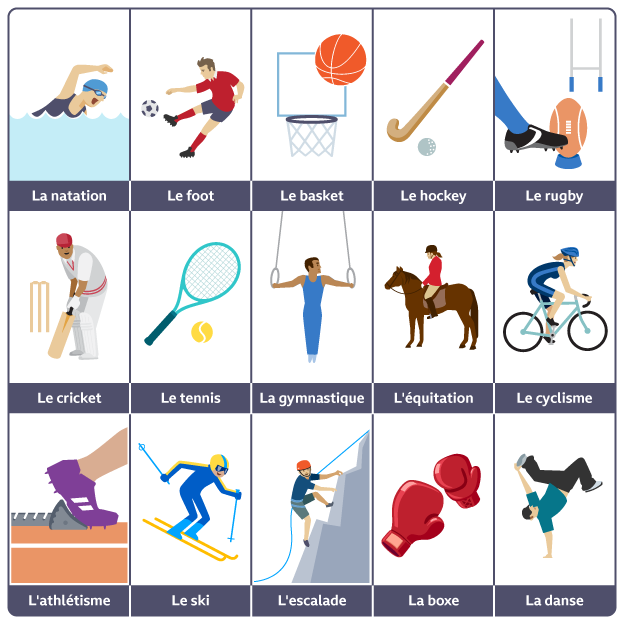
- How to pronounce and name a wide variety of sports in French
- To express their opinions and preferences in regards to various sports.
Over the course of this half-term, they paid particular attention to football. During their Football Champions topic they used their language detective skills to describe the origins of famous football players and decode player profiles all whilst learning a host of French football related vocabulary.

